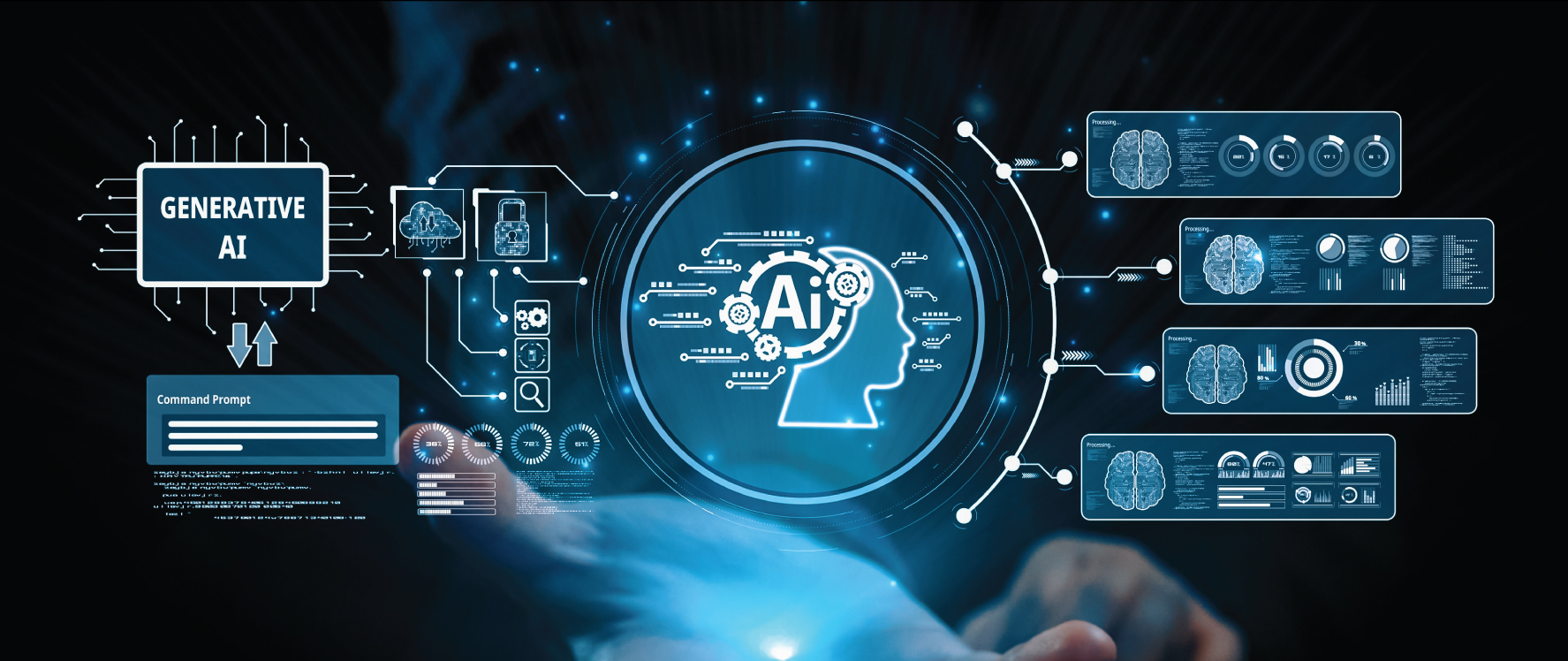Data Privacy vs. AI Power: Can We Have Both?
As businesses navigate the complexities of the modern world, the integration of artificial intelligence (AI) presents both opportunities and ethical dilemmas. The rapid evolution of AI technologies has opened new avenues for innovation, yet it has also brought to the forefront critical questions about the responsible use of data and the moral implications of automated decision-making.
The Imperative of Ethics in Business
Ethics has always been the backbone of sustainable business practices. It’s not merely about compliance with laws but about fostering trust, fairness, and accountability. For any organization, ethical conduct is vital in maintaining the confidence of customers, partners, and the broader community. When businesses commit to ethical practices, they create an environment where integrity thrives, laying the groundwork for long-term success.
In the context of AI, the stakes are higher. AI systems can process and analyze vast amounts of data, making decisions that impact people's lives in ways that were unimaginable just a few years ago. This capability brings with it a heightened responsibility to ensure that these decisions are made fairly and transparently, without causing harm or perpetuating biases.
The Ethical Responsibilities of AI
AI’s potential to transform industries is matched by its potential to challenge ethical boundaries. As Manasa Rao, Customer Success Manager at Exponentia.ai, succinctly puts it, "The power of artificial intelligence lies in its ability to process vast amounts of data, but with that power comes the duty to protect the privacy and rights of individuals. The ethical use of data is not optional; it is a cornerstone of trustworthy AI."
This perspective underscores the critical need for ethical considerations to be deeply embedded in AI development and deployment. The use of AI should not only focus on achieving business objectives but also on upholding the principles of fairness, accountability, and respect for individual rights. These principles are essential in creating AI systems that are not only effective but also trustworthy.

Navigating Ethical Challenges in AI
In today’s data-driven world, the ethical challenges of AI are multifaceted:
- Data Privacy: AI systems often rely on large datasets that contain personal information. Protecting this data is not just a legal obligation but an ethical one. Ensuring that data is used responsibly and with respect for individuals' privacy is essential to maintaining public trust.
- Bias and Fairness: AI systems can inadvertently perpetuate existing biases present in the data they are trained on. This can lead to unfair outcomes, particularly in areas such as hiring, lending, and law enforcement. Addressing these biases requires careful attention to data quality and the implementation of safeguards to ensure fairness.
- Transparency: The complexity of AI systems can make it difficult to understand how decisions are made. Businesses must strive for transparency in their AI processes, providing clear explanations of how algorithms work and how decisions are reached. This transparency is key to building trust and ensuring accountability.
- Accountability: With the power to make decisions comes the responsibility to be accountable for those decisions. Organizations must establish clear lines of accountability for AI-driven outcomes, ensuring that there is always a human oversight mechanism in place.
Building a Future with Trustworthy AI
For businesses, the ethical use of AI is not just a matter of compliance but a strategic imperative. By integrating ethical considerations into every stage of AI development and deployment, companies can build systems that are not only innovative but also aligned with the values of fairness, respect, and accountability.
At Exponentia.ai, we are committed to leading by example in the ethical use of AI. We believe that by prioritizing ethics, we can create AI solutions that drive meaningful and positive outcomes for our clients and society at large.
In conclusion, the journey towards ethical AI is ongoing, requiring continuous reflection and adaptation. As AI technologies evolve, so too must our ethical frameworks. By embracing this challenge, businesses can ensure that their AI systems contribute to a future where technology serves humanity in a fair and just manner.
Sakshi Gothi
Marketing
sakshi.gothi@exponentia.ai



.jpg)

















































%20(1).jpg)





.svg)

.svg)
.svg)
.svg)